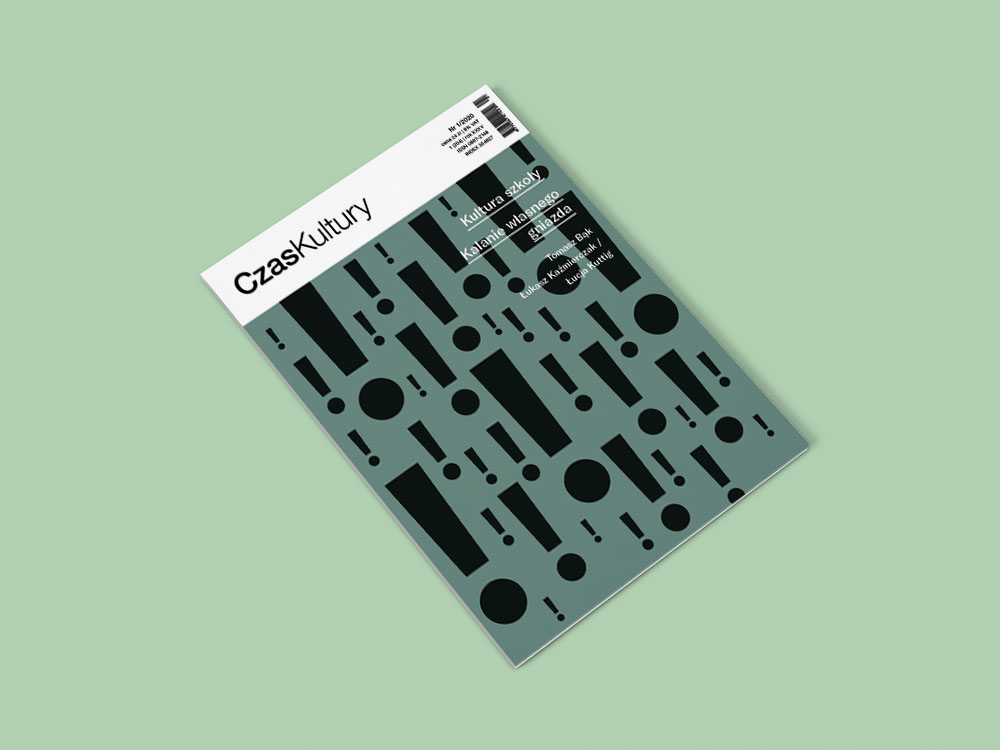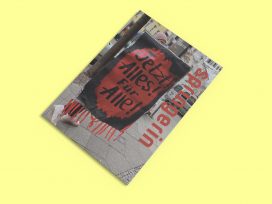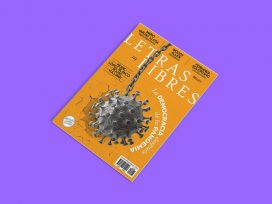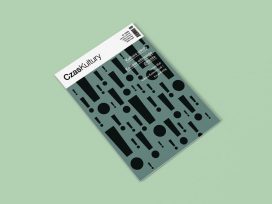Why the controversy around education reforms in Poland is about much more than pay; on the historical role of nursery-school teachers; Polish nationalism’s attitude to literary ‘nest-foulers’; and how dark secrets constitute community.
 Czas Kultury enters Poland’s ongoing debate about the education reforms introduced by PiS in 2017 – which are expected to bring massive job losses and to lower the quality of schooling from kindergarten upwards.
Czas Kultury enters Poland’s ongoing debate about the education reforms introduced by PiS in 2017 – which are expected to bring massive job losses and to lower the quality of schooling from kindergarten upwards.
Education history
Last year’s teachers’ strikes, despite being unable to force concessions, sparked a larger conversation, writes Agnieszka Jankowiak-Maik. ‘Teachers proved that the strike is not about higher wages, but about systemic change’, she writes in conclusion to her history of Polish education from the interwar years up until the present.
Nursery schooling
Kina Kuszak explores the underappreciated role nursery-school teachers have played in the Polish education system since the profession’s emergence in the nineteenth century. An individual’s success in the economy of the future, Kuszak writes, ‘will primarily be interpersonal, social and cognitive – the skills that preschool teachers will foster in the everyday educational experience for children ages three to six.’
‘Nestbeschmutzer’
‘In today’s Europe, and above all in Poland, Nestbeschmutzer (nest-foulers) can and indeed should appear,’ write editors Olga Szmidt and Wojciech Burek in a dossier on the subject. Jerzy Jarzębski discusses literary icons such as Czesław Miłosz to examine the attitude that nationalist compatriots display towards nest-foulers:
‘Of course, rulers always say that they accept “constructive criticism”, but the criteria by which constructive is distinguished from non-constructive are always vague, while the punishments for those who accuse their nation are quite real.’ Fostering the culture of the ‘salon’ – spaces that allow free expression without state intrusion – enables the survival of the Nestbeschmutzer, writes Jarzębski.
Secrecy
Marek Zaleski describes how dark secrets operate in society and how a community can work over generations to prevent discovery of the truth. An inconvenient secret ‘constitutes the community, becomes part of the world of intimate attachments surrounding these “mysterious truths”. You have to guard them faithfully, because their violation would be a catastrophe for the community.’
Literature
Agata Moroz explores nest-fouling in Olga Tokarczuk’s novel Drive Your Plow Over the Bones of the Dead and its film adaptation Spoor, directed by Agnieszka Holland. Are people who work to protect the environment benevolent nest-foulers when acting against others in their own community and species?
More articles from Czas Kultury in Eurozine; Czas Kultury’s website
This article is part of the 9/2020 Eurozine review. Click here to subscribe to our weekly newsletter, to get updates on reviews and our latest publishing
Published 22 May 2020
Original in English
© Eurozine
PDF/PRINTNewsletter
Subscribe to know what’s worth thinking about.
Related Articles

Literary expressions of grief across the ages use representations of nature as soothing metaphors. But rarely does the death of non-human life merit a thanatography. Could literature that finds a non-anthropomorphic means to grieve for other sentiment beings provide our desperately needed resensitization to the natural world?

Literature can’t save the world, but it does provide insight into the behaviour that drives cultural trends. And given the anthropocenic tendency towards self-destruction, we need all the help we can get with cultivating solidarity, combating injustice and resisting censorship.









